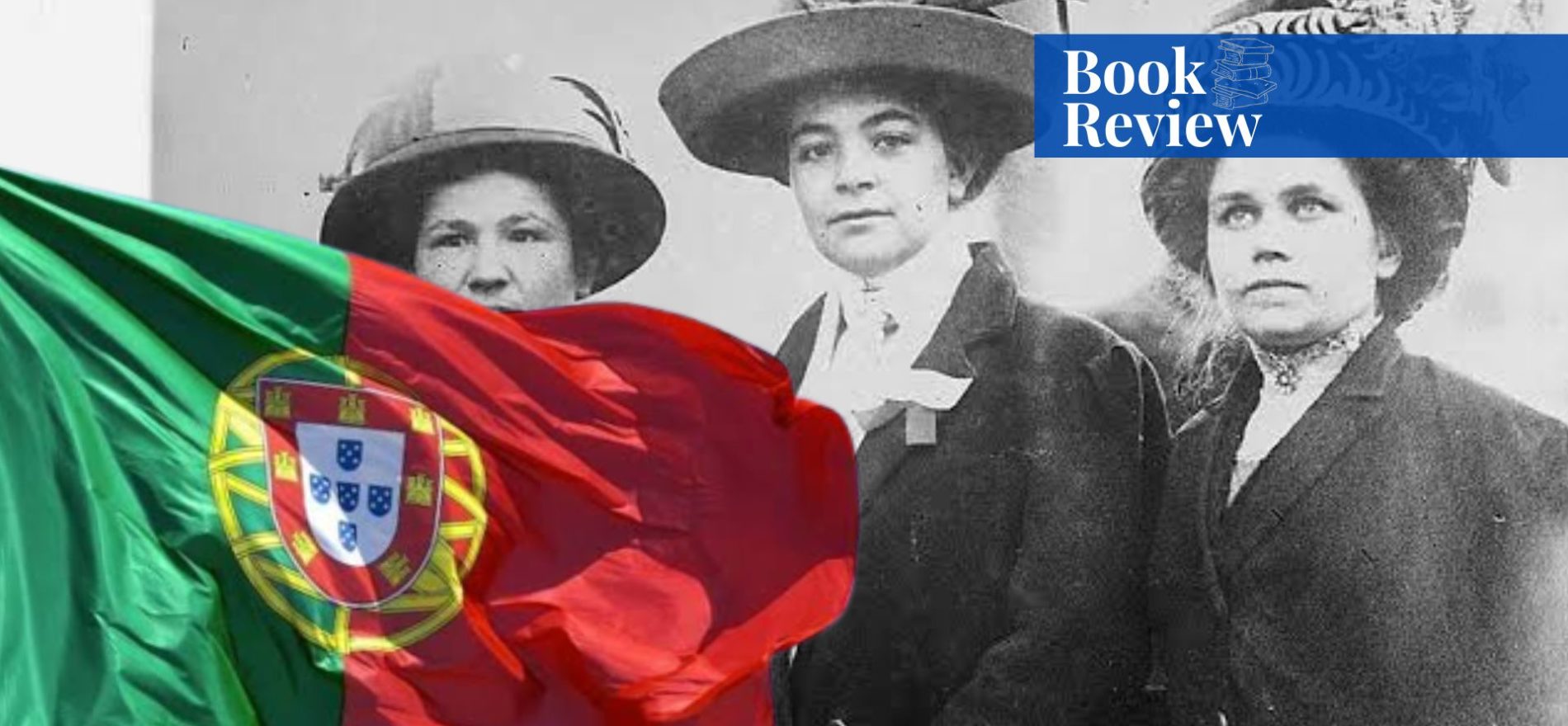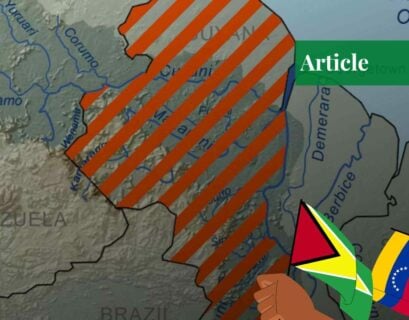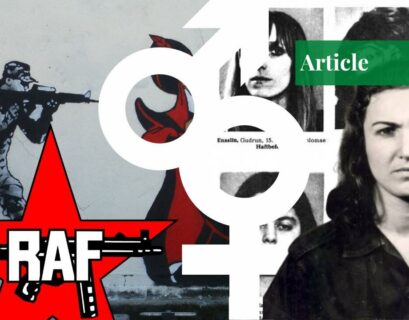Mr. Ahmad Wadeer received his M.A. in Social Anthropology from the University of Peshawar.
Introduction
Caroline Brettell is an anthropologist who is an expert on migration and Portuguese culture and society. In the area of migration, her particular focus is on the study of immigrant women in a comparative context. In her book Anthropology and Migration: Essays on Transnationalism, Ethnicity, and Identity, Brettell compiles essays on Portuguese emigration and immigrants (primarily to Canada and France) using an ethnographic and historical approach.
These essays were published at various times between the period of 1970s and 1990s. In this book, Brettell examines a variety of concepts and theoretical issues that are relevant to the anthropology of migration and also to migration studies in a broader sense. This book is divided into four parts:
- Situating the Anthropological Perspective
- Return Migration, Transmigrants, and Transnationalism
- Cities, Immigrant Communities
- Ethnic Identity and Gender and Migration.
Each part is comprised of two or three chapters with a general introduction. The general introduction provides a broad overview of the literature on migration, as well as case studies that can be used to compare different approaches.
Synopsis
The opening introduction gives an overview of this book. This book examines some of anthropology’s theoretical contributions as it has become increasingly involved with migration. It deals with the issue of different units of analysis, which has proven particularly difficult for anthropologists as they have attempted to combine micro and macro viewpoints.
It examines the notion of transnationalism, which has changed how we think about immigrant integration by providing an alternative to the traditional assimilation approach. Moreover, it investigates the integration of immigrant populations into cities, as well as ethnicity and ethnic identity issues. Finally, it addresses the connection between gender and migration, a subject to which anthropology has made significant empirical and theoretical contributions.
Anthropological Approach to Migration
In the first part of the book, Caroline Brettell argues that in order to examine the tension between structure and agency, migration studies should include macro, meso, and micro perspectives. The author calls for an anthropological approach to migration with emphasis on both structure and agency by looking at macro-level contextual issues, micro-level strategies, and decision-making, as well as the meso-level relationship structures in which individuals function—which can articulate both people and processes.
Using an anthropological lens Brettell demonstrate how historically, the Portuguese state ensured emigrant remittances and their role in stimulating the market for Portuguese goods through restrictive emigration policies. Individual immigrants are actively influenced by the state as a political-economic and symbolic force.
According to Caroline Brettell, anthropological methods are well suited for obtaining data from individuals, as well as collecting personal stories of life experiences. She suggests that in migration research, anthropologists have a special contribution to make by explaining how the process looks from the inside out and from the ground up perspective.
The results that researchers obtain often by using these methods confirm economic and sociological theories about why people migrate. Furthermore, through personal stories, we can understand how the migration process is patterned and subjectively experienced.
Transnationalism and Transmigration
The second part of this book examines return migration, transmigrants, and transnationalism. In Brettell’s view, it is of great importance to bring the case of the Portuguese into the discussion of transnationalism and transmigrants. As it is argued in one of her essays that maintaining a connection with the homeland and sustaining the idea of return for as long as one is abroad is deeply rooted in Portuguese history and culture.
The Portuguese state has maintained continuing ties with its population abroad for several centuries. Religion and church have also maintained their ties with Portuguese emigrants. Brettell points out that till today, the role of religion in communities of immigration is more highlighted than the impact of emigration on the church and religious practices in sending societies.
Immigrant Experience
The third part of the book explores space, community, and ethnicity. This section draws the attention of the reader toward the impact of urban context on the immigrant experience. Moreover, it examines Portuguese migrants’ experience and development of communal identity in Paris and Toronto.
The point that Caroline Brettell wants to make here is that “community,” in sense of either geographic or an ethnic network, doesn’t exist for Portuguese immigrants in Paris but in contrast, it does exist among Portuguese immigrants in Toronto. The role of ethnic entrepreneurs as both patron and broker is also disused in this section.
Migration and Gender
Part four focuses on gender and migration. It is argued that more than a century ago women dominated short-distance population movements, because of which they were not a focus of migration studies until quite recently. The themes that Brettell discusses here offer a concrete historical base for more contemporary work on how the gendered division of labor between sending and receiving societies is impacted by migration.
It also explores the impact of the migration pattern of men between 1850 and 1920 on household structure in a parish in northwestern Portugal. And how patterns of co-residence and bonds of kinship manifest the matricentric bias in this region. Moreover, Brettell highlights some aspects of Portuguese immigrant women’s experience in different host societies. She argues that these experiences can be shaped differently by the distinctiveness of the occupational structure and immigration policy in the receiving country.
Conclusion
This book takes a unique approach to the study of migration, with an emphasis on Portuguese emigration as it explores themes like transnationalism, ethnicity, and identity. This book will be of great interest to academics and students who are interested in migration studies, anthropology, history, and interdisciplinary data collection methods.
If you want to submit your articles and/or research papers, please check the Submissions page.
The views and opinions expressed in this article/paper are the author’s own and do not necessarily reflect the editorial position of Paradigm Shift.



















